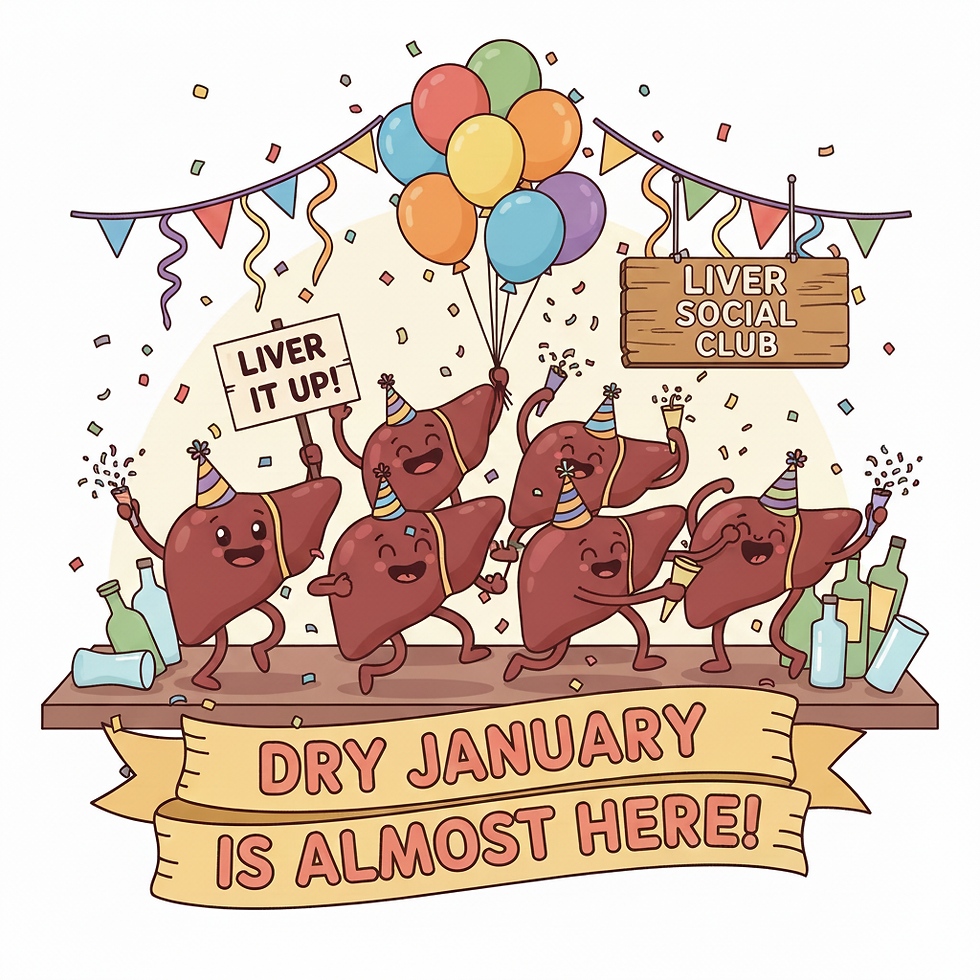MY REVIEW OF: THE BOY WHO LIVED WITH GHOSTS
- Bill Glass

- Dec 26, 2020
- 2 min read

REVIEW OF: THE BOY WHO LIVED WITH GHOSTS
AUTHOR: John Mitchell
REVIEWER: William A. Glass
Date: 12/26/2020
It’s said that no one does poverty like the Irish, but in this memoir, the Scots stake their claim. As in chronicles of Irish squalor, the father in this memoir is a binge drinker, the mother is loving but ineffectual, and the children are dirty snot-noses. They live in crumbling houses that are crawling with vermin. What lends shock value to these Dickensian scenes is that they play out during modern times in so-called advanced countries.
John Mitchell is five years old when we meet him. He lives with his parents, grandparents, and two sisters. His older sister, Margueretta, is getting messages from the devil with instructions on evil tortures to perpetrate on John. She’s mentally ill. That’s what inspires her vicious attacks. They only stop when John is old enough to fend her off. About that time, Margueretta redirects her attacks against herself, and the story increasingly focuses on her.
What I like about this book is its ambition. Rather than giving us a dry memoir from the safe precincts of hindsight, John Mitchell renders his story in the terrifying present tense. It’s stream-of-consciousness technique makes us privy to a young boy’s thoughts and emotions as he goes through the horror movie of his childhood.
With horror movies, you can put your hands over your ears and close your eyes.
However, for John, there is no escape. Even his sleep is tormented by screaming monsters coming up from the basement or down from the attic. His waking hours are infused with dread of Margueretta, knowing that’s it not a matter of if but when she will come for him. Reading this reminded me of what I saw once in the pediatric ward of a hospital burn unit. Nurses would come every afternoon to take children for skin debridement treatment. The dread on the patient’s faces as they were wheeled out of their rooms to face the agony was heart-rending. In The Boy Who Lived With Ghosts, John exhibits the same grim resignation in the face of daily torment from his sister.
The possibility of paranormal malfeasance hangs over John’s story and keeps the reader engaged. It’s not an easy read and I found myself wishing for a respite, if not for John then for me. The author’s frequent use of short declarative sentences enhances the shock value. “That’s gruesome!” Margueretta says at one point, which pretty much sums up John’s childhood.
Often memoirs become self-aggrandizing and fail on that account. Witness John Bolton’s recent effort. But in this one, none of the characters come off particularly well. Teachers are bullies, scoutmasters are perverts, relatives are alcoholics, and neighbors succumb either to madness or Valium. The author owns up to his failings, but it’s his intelligence and loving nature that allows him to climb out of the hell he grows up in. I give this book five out of five stars because of the story’s authenticity and the author’s creative approach to telling it.




Comments